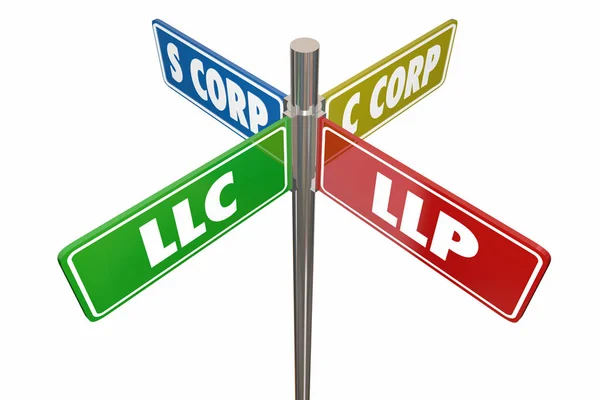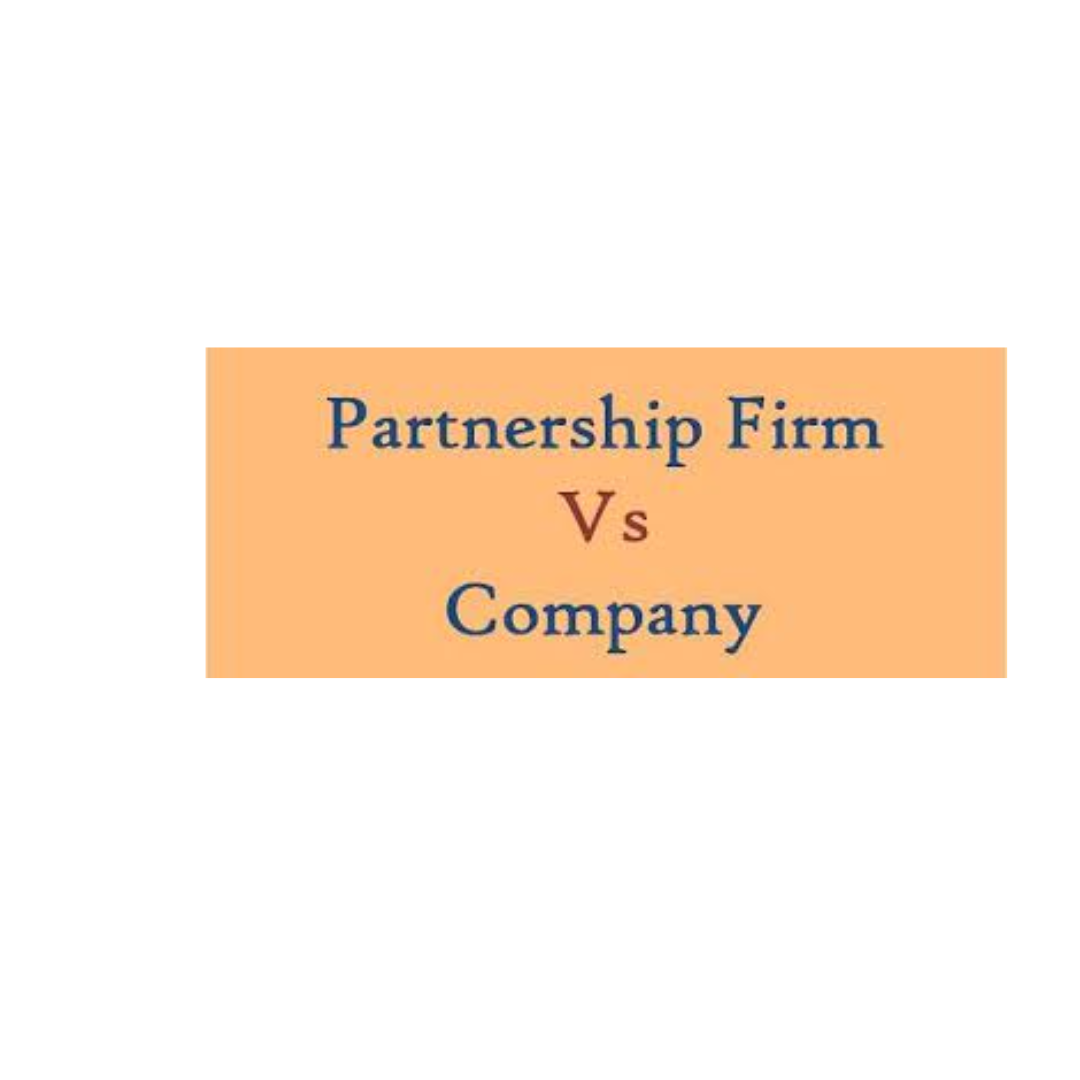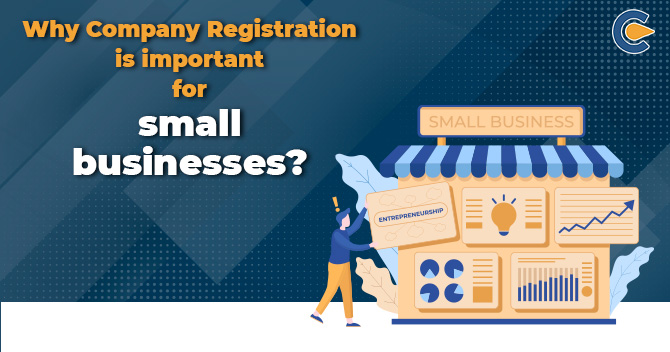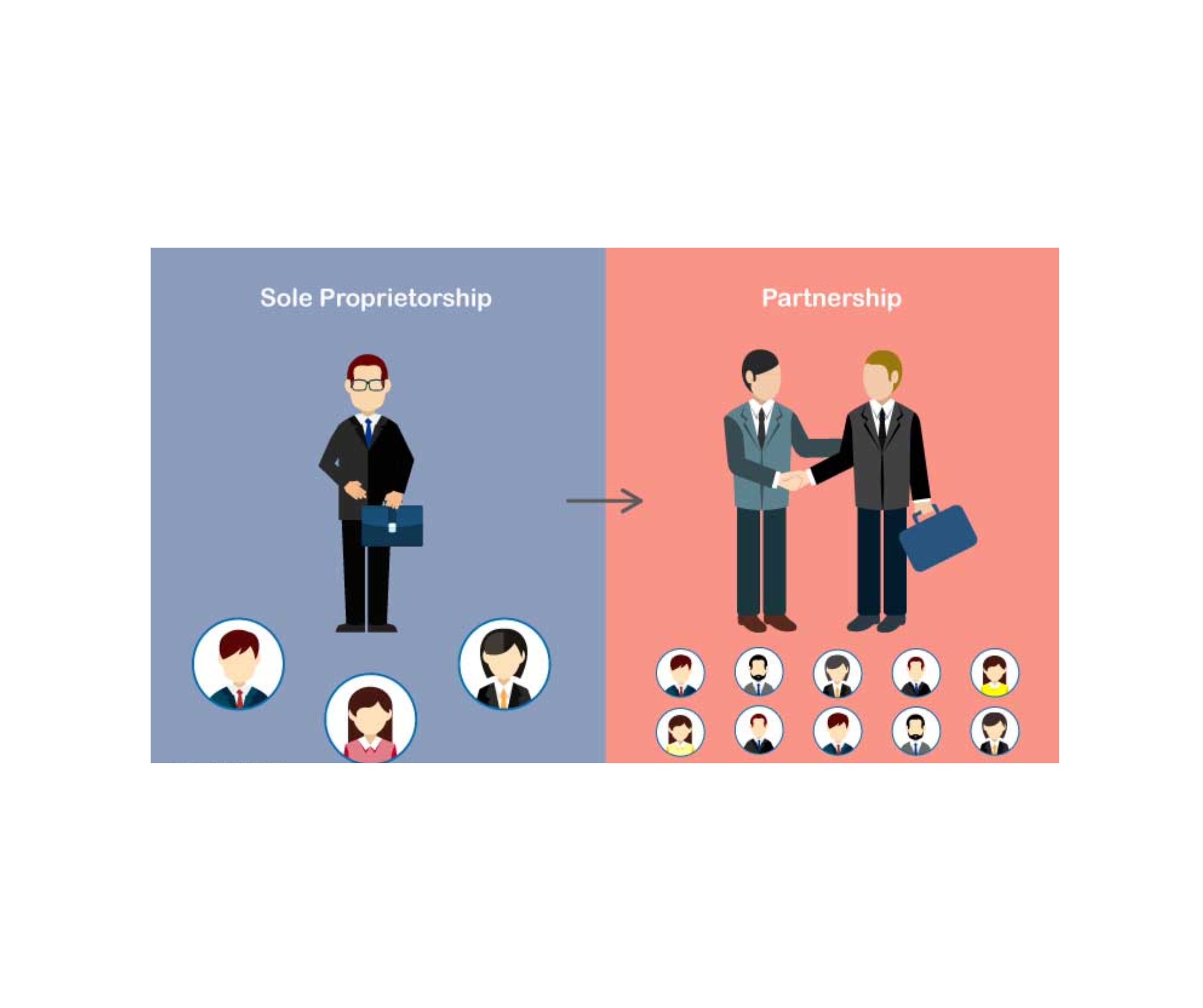Can LLP merge with company?
LLP merge: Merging an LLP with a company typically involves a legal process. Where it includes the assets, liabilities, and legal entity of the LLP are combined with those of the company. The resulting entity is usually a company, and the LLP ceases to exist as a separate legal entity. The merger… Read More »









